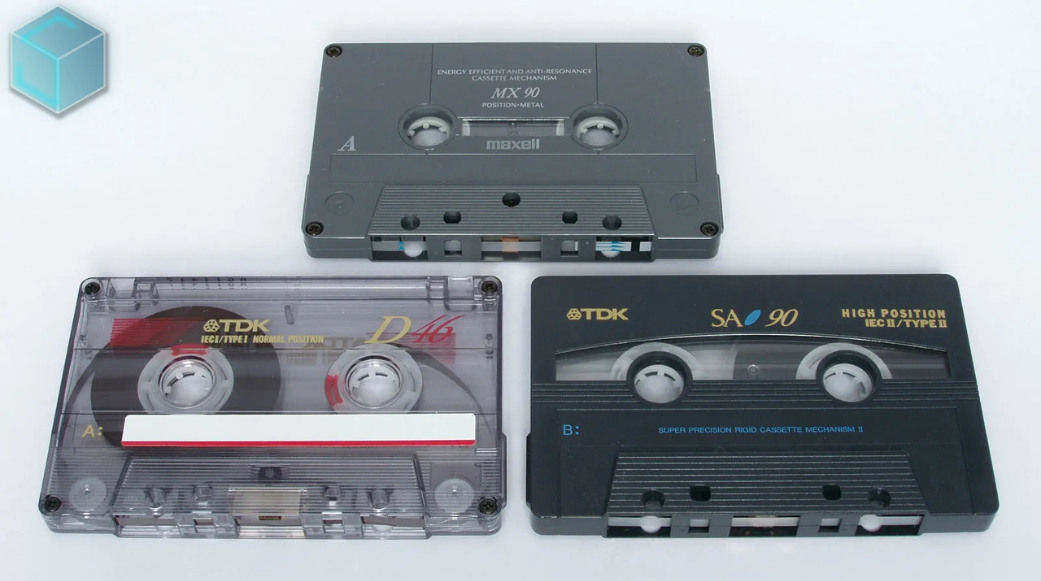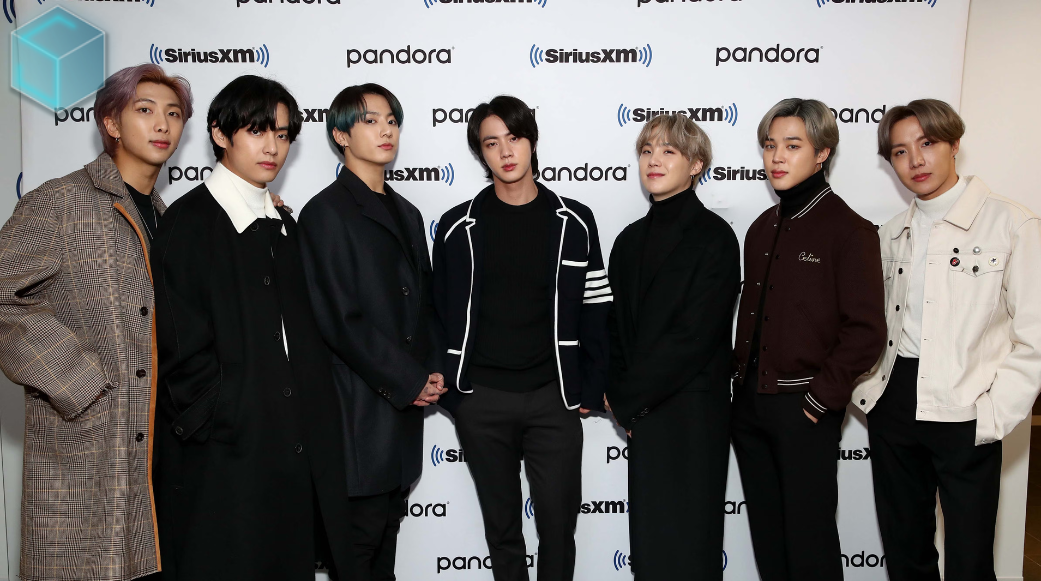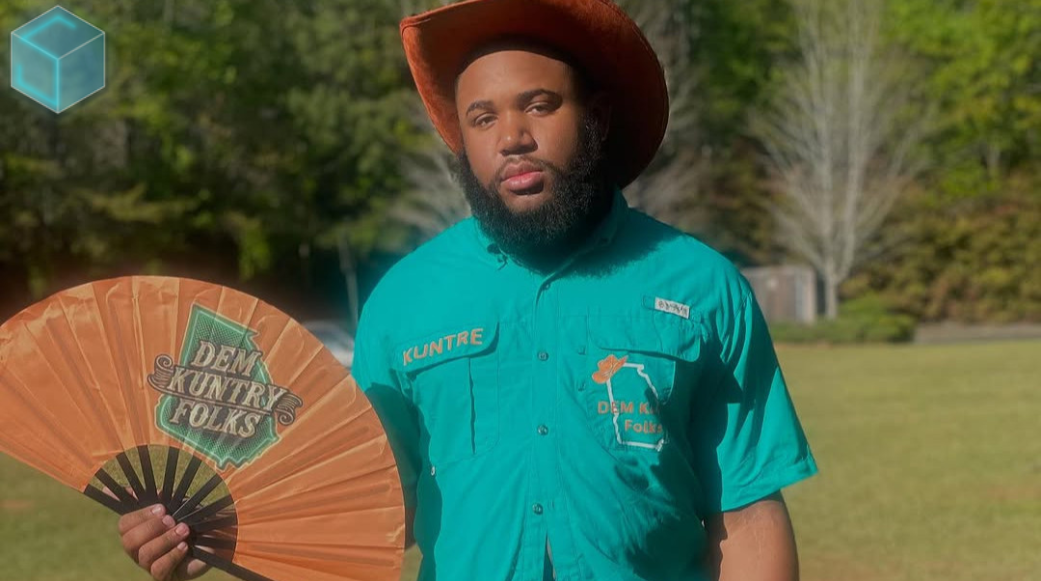
October 23, 2025
Discover how Mix Master strengthens your brain just like an instrument - training focus, creativity, and emotional intelligence through the science of sound.
Read more.png)
September 8, 2025
Tools like Suno are now powerful enough to generate melodies, lyrics, and even full songs in seconds. That’s exciting—and controversial. Just ask Timbaland. Recently, he came under fire..
Read more
August 23, 2025
The 1980s and 1990s analog music medium known as cassette cassettes is experiencing an unanticipated comeback, with Gen Z spearheading the trend. Taylor Swift, who included cassettes in the release...
Read more
August 23, 2025
This week's most notable headline: Doja Cat's erotically charged, '80s-inspired music video, "Jealous Type," is dominating social media feeds and cultural discourse, marking her most daring...
Read more
August 23, 2025
J-hope and GloRilla's "Killin' It Girl," a spectacular blend of K-pop flare and shameless hip-hop heat that has taken the world by storm, is this week's winner of the Best Collaboration of Summer...
Read more
August 23, 2025
Carly Rae Jepsen is giving fans the ultimate gift for the 10th anniversary of her critically adored album Emotion: a special edition featuring four never-before-heard tracks and two fresh remixes...
Read more
August 23, 2025
The wait is over, ARMY! BTS is officially back together and balancing work and play in their first moments of reunion after completing mandatory military service. J-Hope sent fans into a frenzy...
Read more
August 23, 2025
Christian music stepped outside of its quiet comfort zone in 2025. "Hard Fought Hallelujah," a worship song by Brandon Lake, went platinum, sold out festival stages, and exploded from churches to...
Read more
August 23, 2025
In late July 2025, Christian artist Forrest Frank (of Surfaces, now a solo juggernaut in faith-pop) posted from a hospital bed: he’d fractured his L3 and L4 vertebrae in a skateboarding accident...
Read more
August 21, 2025
On September 16, the masked metal phenomenon Sleep Token will embark on their 2025 "Even In Arcadia Tour" across North America. The 18-show tour, which includes a huge date at Brooklyn's Barclays...
Read more
August 21, 2025
Due to a line dance that went viral and won over fans' hearts both inside and outside of the United States, 22-year-old Tre Little's song "Boots on the Ground" has become a cultural sensation this...
Read more
August 21, 2025
In addition to preparing for her next album, The Life of a Showgirl, Taylor Swift is reviving the physical medium this week by putting her songs on cassette tapes. This sentimental action...
Read more.png)
Photo Source: Canva
Understanding music publishing is crucial for artists looking to make their music a viable long-term career. This comprehensive guide explores the intricacies of music publishing and how it can become a lucrative revenue stream for artists.
Music copyright is the legal right granted to the creator of a song. There are two distinct copyrights for every track:
Music publishing deals with the royalties generated by a song’s composition. A music publisher represents songwriters or composers, managing and paying out royalties from their compositions.
Music publishing revolves around how a song is used – copied, sold, performed, or broadcast. An independent musician might attempt to claim some of these royalties without a publisher, but it's a complex and challenging task. This complexity arises from the numerous organizations globally responsible for different royalty sources.
Music publishers have established relationships with Performing Rights Organizations (PROs) and mechanical rights collection societies worldwide. They possess the expertise to track down every potential source of royalties, ensuring that artists receive what they're owed.
A PRO collects performing royalties on behalf of composers and songwriters. Examples include PRS in the UK or ASCAP, BMI, and SESAC in the USA. PROs do not collect mechanical royalties, which are managed by different organizations like MCPS in the UK or MLC and Harry Fox in the USA.
While PROs are responsible for licensing and collecting performing royalties, music publishers also handle mechanical rights and sync licensing. They reduce costs by grouping copyrights together, negotiating, and licensing to digital services, broadcasters, and venues.
To claim all owed royalties, an artist can sign up with a music publisher, who will handle:
Music publishing is an integral part of the music industry, vital for ensuring that artists are compensated for their creative work. By understanding and leveraging the services of music publishers and PROs, artists can maximize their income and secure their financial future in the music industry.
Q: Can I manage my publishing rights independently?A: While possible, managing publishing rights independently is complex. Partnering with a music publisher can provide expertise and access to a broader network for royalty collection.
Q: What steps should I take to protect my composition?A: Ensure your music is copyrighted and registered with the relevant PROs and mechanical rights societies, either independently or through a music publisher.